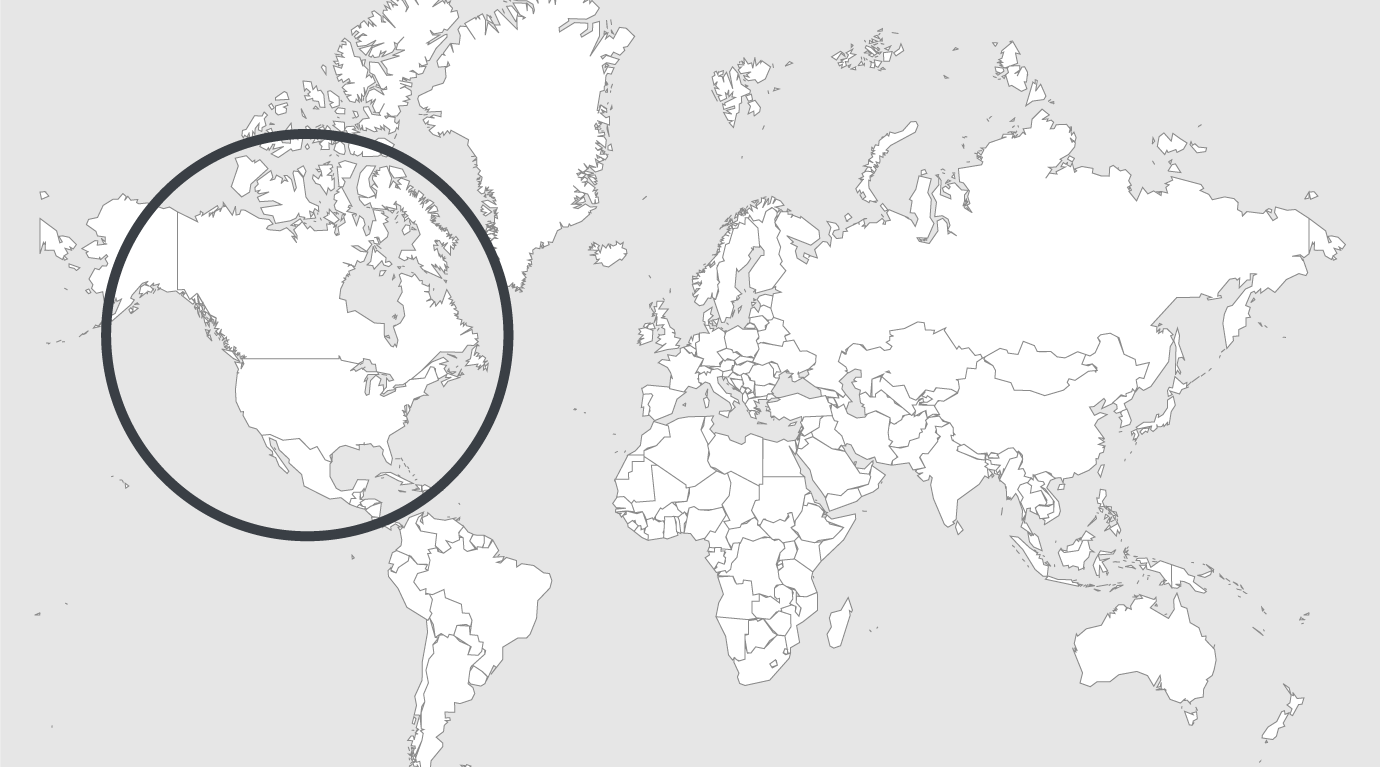
Explore
United States: let's imagine a national organizing effort to challenge mass incarceration
This story is the seventh in Truthout’s “Visions of 2018” series, in which activist leaders answer the question: “What would you like to see created, built, imagined or begun this year?” Each piece will focus on a bold idea for transformation, to give us fuel as the year moves forward.
In circles of prison abolition and criminal legal reform, the call to imagine a world without prisons – a sort of cageless utopia – has recently grown louder and stronger. The point of doing this is to allow us to break free from the present reality in which it has become so normalized to have millions of people locked up or incarcerated in open-air prisons of various forms. When asked to imagine a world without prisons, many people talk about peace, the absence of police, or a world where everyone’s basic needs are met so we wouldn’t see poverty and inequality driving criminalization and “crime.” White supremacy would be a distant memory in this world. This exercise can be valuable and inspiring, but also at times a little off base. Frequently there is a tendency to leap from the present to utopia without thinking concretely what the path to that utopia might look like. So, in imagining this world, I would like to make three points that might take us in a slightly different direction than most considerations of a world without prisons.
The first is that I would hope that this world would not be one where e-carceration, that is incarceration via technology, becomes a substitute for steel and concrete cages. We tend to think of eliminating incarceration as getting rid of places like Rikers Island jail, or prisons like Angola and Pelican Bay and the jail at Champaign County where I live. But we need to also include in our vision ways to make sure that the power of the state and corporations to deprive us of our freedom via technology does not substitute for our present reality. We don’t want a world where our every movement, our every heartbeat, our every moment of anxiety gets stored on a cloud somewhere and ultimately used to deprive us of our liberty. And we definitely don’t want the creation of technological prisons where people are locked up in their own homes and paying a daily fee for the “service.*” The present version of electronic monitoring – these things they call ankle bracelets but are really technological shackles – represents the thin end of the wedge of this.*
Along the path to a prisonless world, we need to be mindful of how the Microsofts and the Corrisofts and the Amazons conceive the future and the ways they can come up with to deprive us of various forms of liberty, whether it be freedom to move or access to information.
Second, I want us to recognize that in the US a world without prisons must mean a world that is not dominated by the drive for corporate profits and military power. A world without prisons is also a world without Exxon and a world without Pfizer and a world without B2 bombers at $20 billion a pop. I say this because mass criminalization and mass incarceration are fundamental parts of the social, political and economic landscape of US capitalism. To get rid of prisons and jails necessitates eradicating, or at least substantially reducing corporate and military power. Such changes are necessary not only to fundamentally restructure the criminal legal system but to ensure the survival of the planet. So, mass criminalization and mass incarceration are not just about policing and courts and prisons and jails. They are one of the modes through which capitalism at this particular moment sustains itself. We need to find a way to build something different.
Second, I want us to recognize that in the US a world without prisons must mean a world that is not dominated by the drive for corporate profits and military power. A world without prisons is also a world without Exxon and a world without Pfizer and a world without B2 bombers at $20 billion a pop. I say this because mass criminalization and mass incarceration are fundamental parts of the social, political and economic landscape of US capitalism. To get rid of prisons and jails necessitates eradicating, or at least substantially reducing corporate and military power. Such changes are necessary not only to fundamentally restructure the criminal legal system but to ensure the survival of the planet. So, mass criminalization and mass incarceration are not just about policing and courts and prisons and jails. They are one of the modes through which capitalism at this particular moment sustains itself. We need to find a way to build something different.
Read full article.
